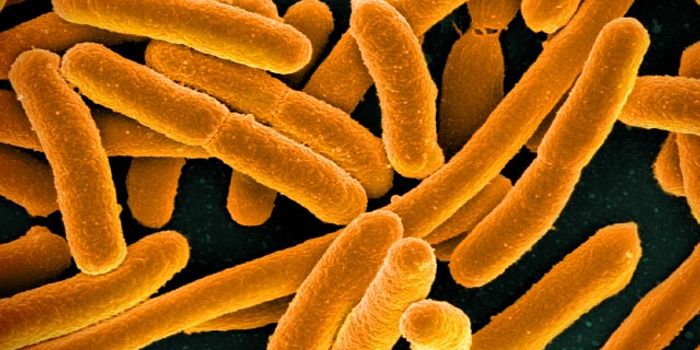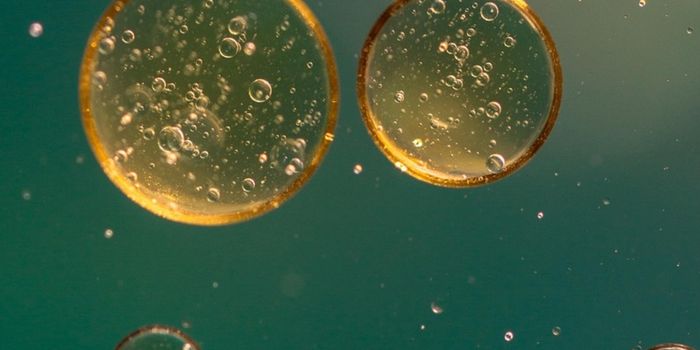High Fiber Diet Alleviates Gout-Induced Inflammation
Researchers have found that a diet high in fiber may reduce inflammation caused by gout, because of the action of microbes in the gut. The work, which could not only aid gout therapeutics but may also help in the treatment of arthritis, has been reported in the Journal of Leukocyte Biology.
Gout is a disorder in which monosodium urate (MSU) crystals accumulate in the joints, and over time, it can cause tissue damage and inflammatory issues. Research has linked gout to the microbiome, the community of microorganisms that resides in the gastrointestinal tract. In this work, summarized in the video above, the investigators found a way to use the microbiome to ease gout symptoms through alterations in the diet of a mouse model.
"By understanding the way foods interact with living organisms, we may be able to create diets that help people with the disease, as well as their health overall," explained one of the researchers of the study, Mauro M. Teixeira, Ph.D., of the Immunopharmacology Group in the Department of Biochemistry and Immunology at the Institute of Biological Sciences at the Federal University of Minas Gerais in Minas Gerais, Brazil.
The high fiber diet used in the study caused the microbes of the gut to make short chain fatty acids (SCFAs). Those SCFAs help reduce inflammation by causing apoptosis, or death, of neutrophils, a type of cell that has a major role in the inflammatory response.
For this study, MSU crystals were injected into the knees of mice, which were subsequently given a high fiber diet or SCFA treatment. In both cases, the researchers saw a resolution of the inflammatory response, indicating in their report that the diet worked faster than the SCFA treatment had. Kinetic experiments indicated apoptosis and efferocytosis - dead cells disposal - of neutrophils in their gout mouse model. The reduction of inflammation, assayed by a reduction in NF-κB activity, was accompanied with an increase in the production of anti-inflammatory cytokines in the knee joint which prevented further damage to knees.
"We are seeing an explosion in our mechanistic understanding of how microbial communities in our intestines and elsewhere influence multiple aspects of immune and metabolic health," commented John Wherry, Ph.D., Deputy Editor of the Journal of Leukocyte Biology. "This work is an elegant example of how tuning of inflammatory circuits by linking diet to microbial products can have a profound effect on an inflammatory disease in the joints. Future work may allow such findings to be translated into practical treatments for gout and other diseases."
For more information on the inflammaotry response, check out the following video from the Khan Academy.
Sources: Science Daily via Federation of American Societies for Experimental Biology, Journal of Leukocyte Biology








